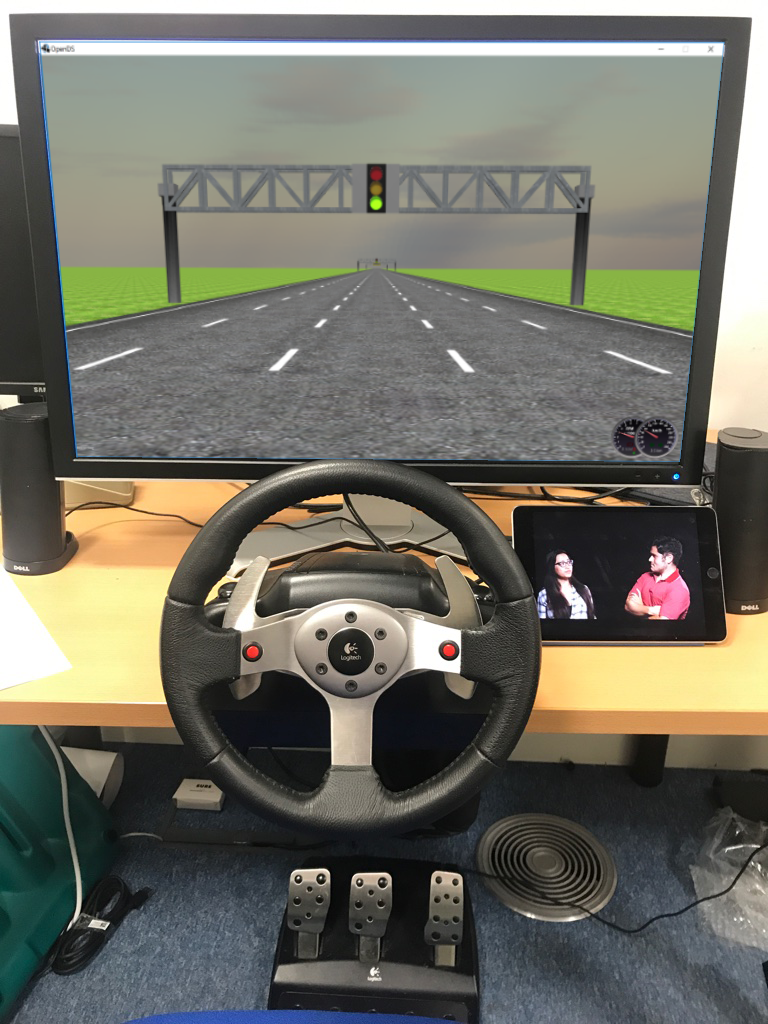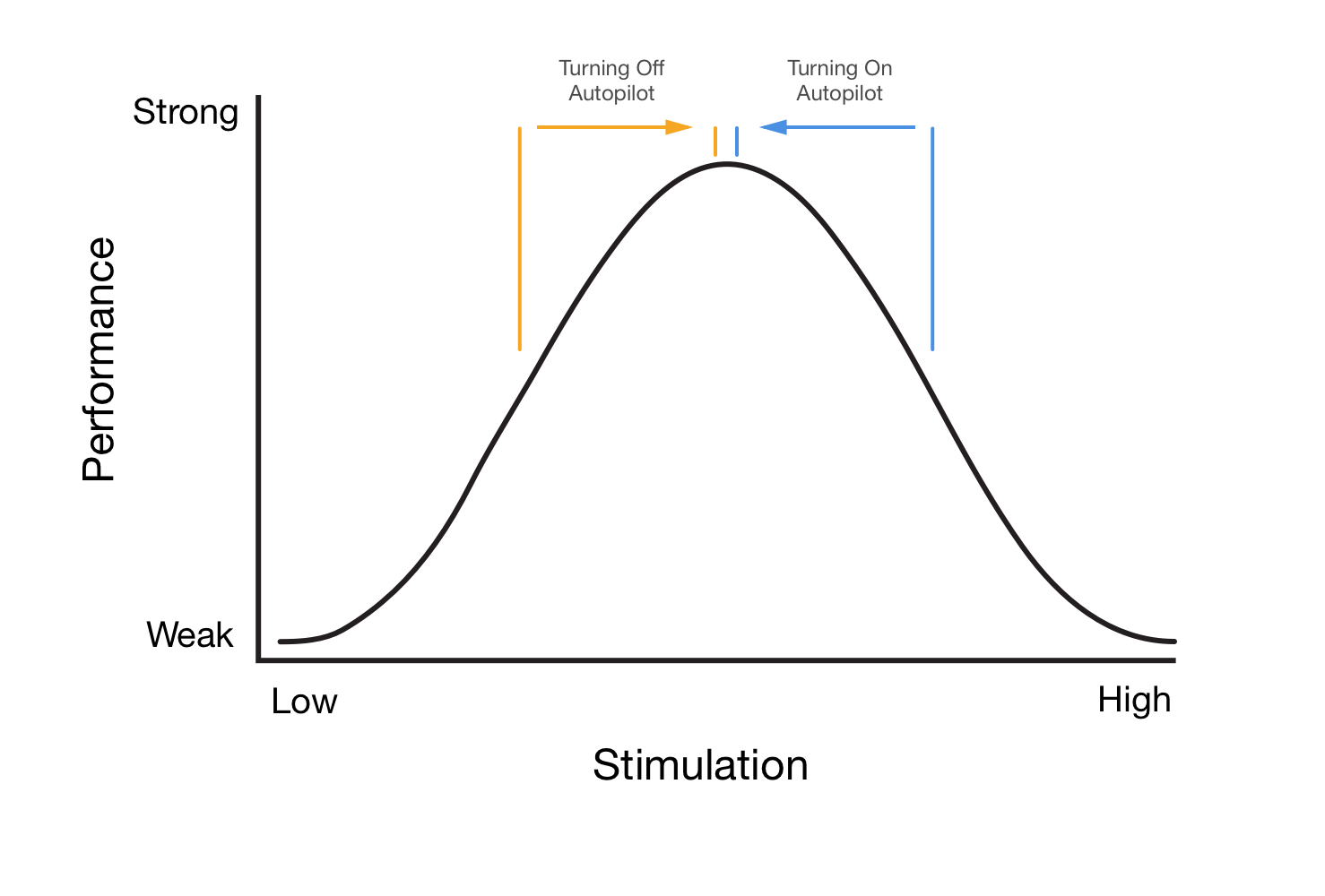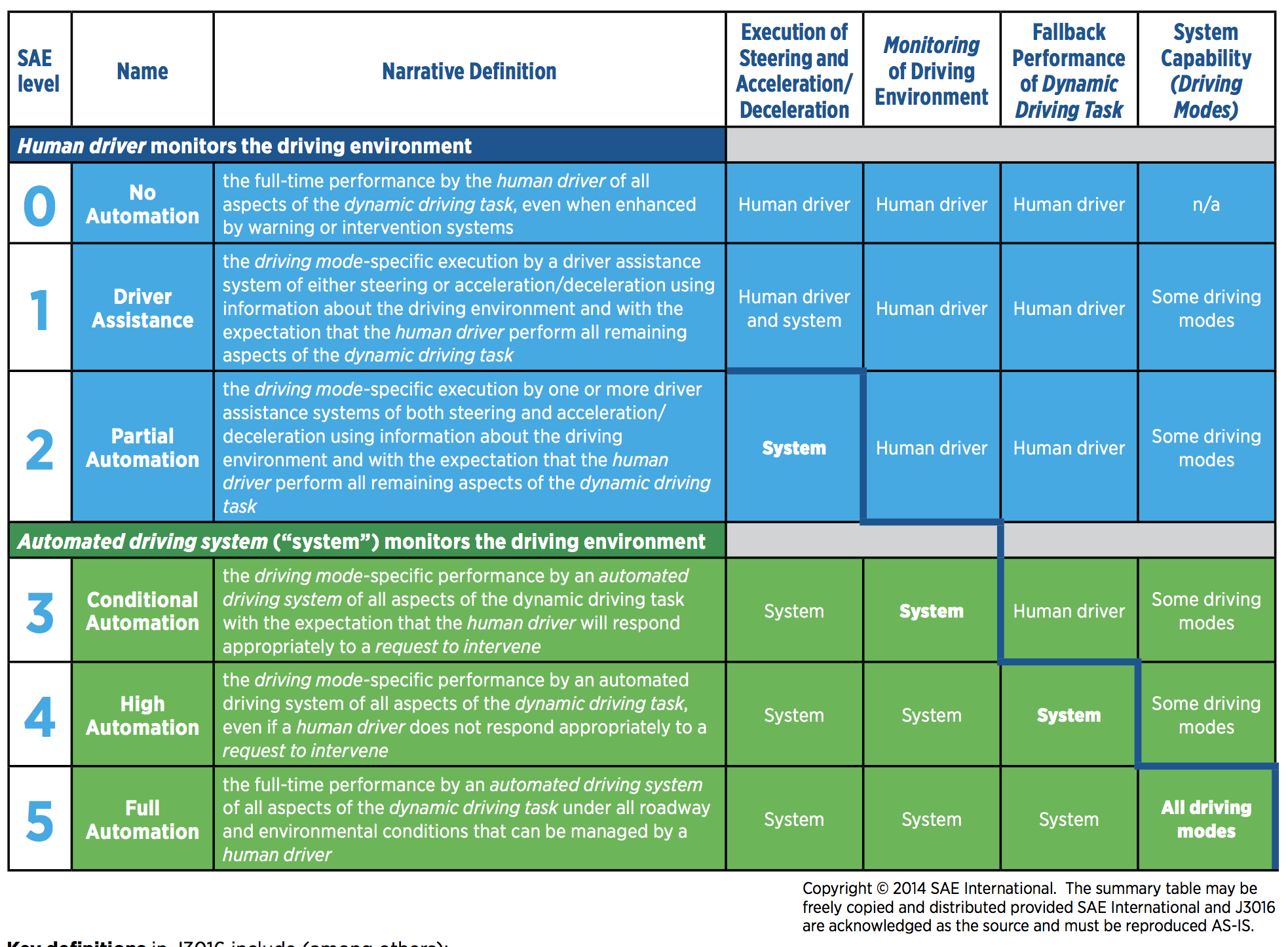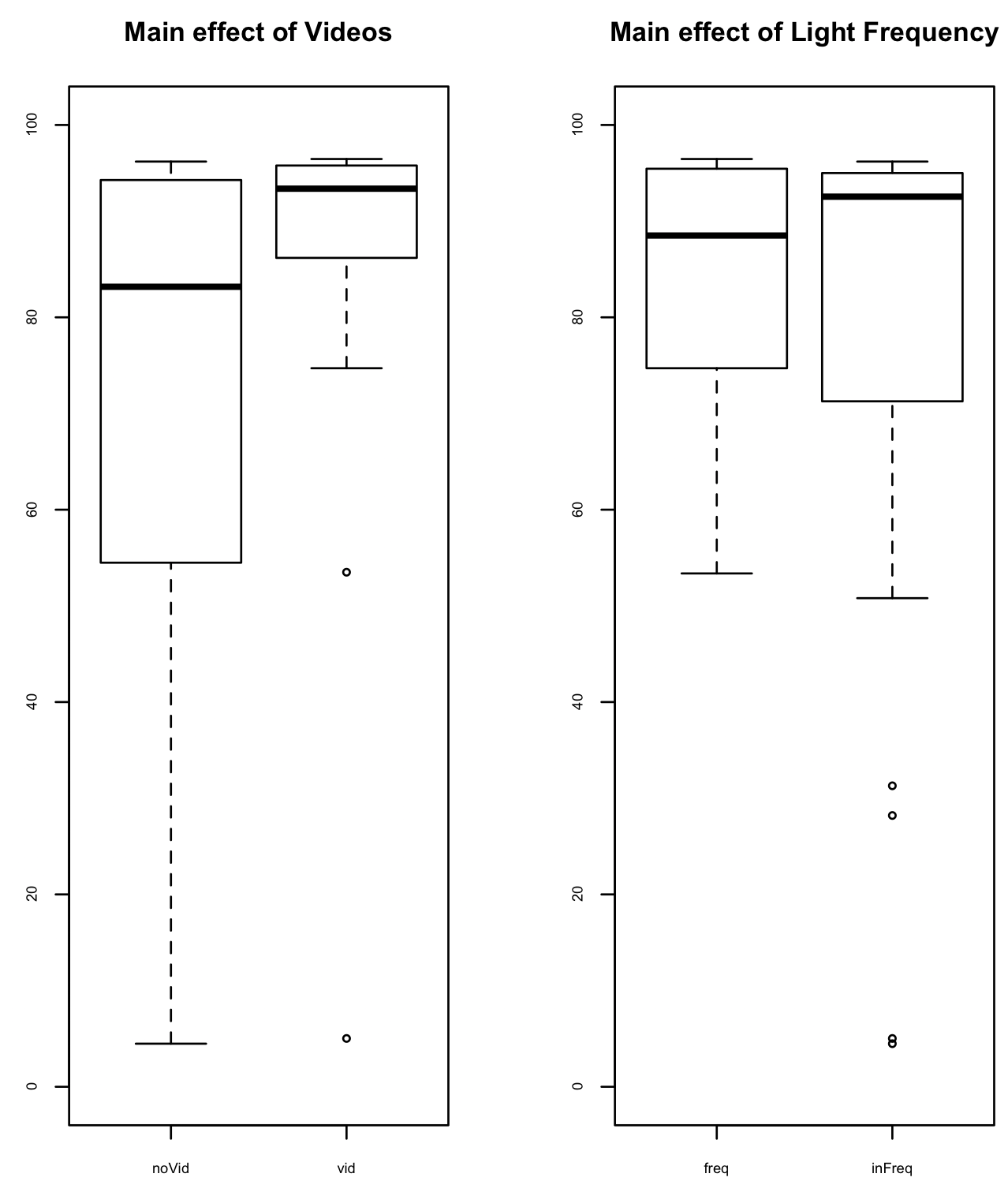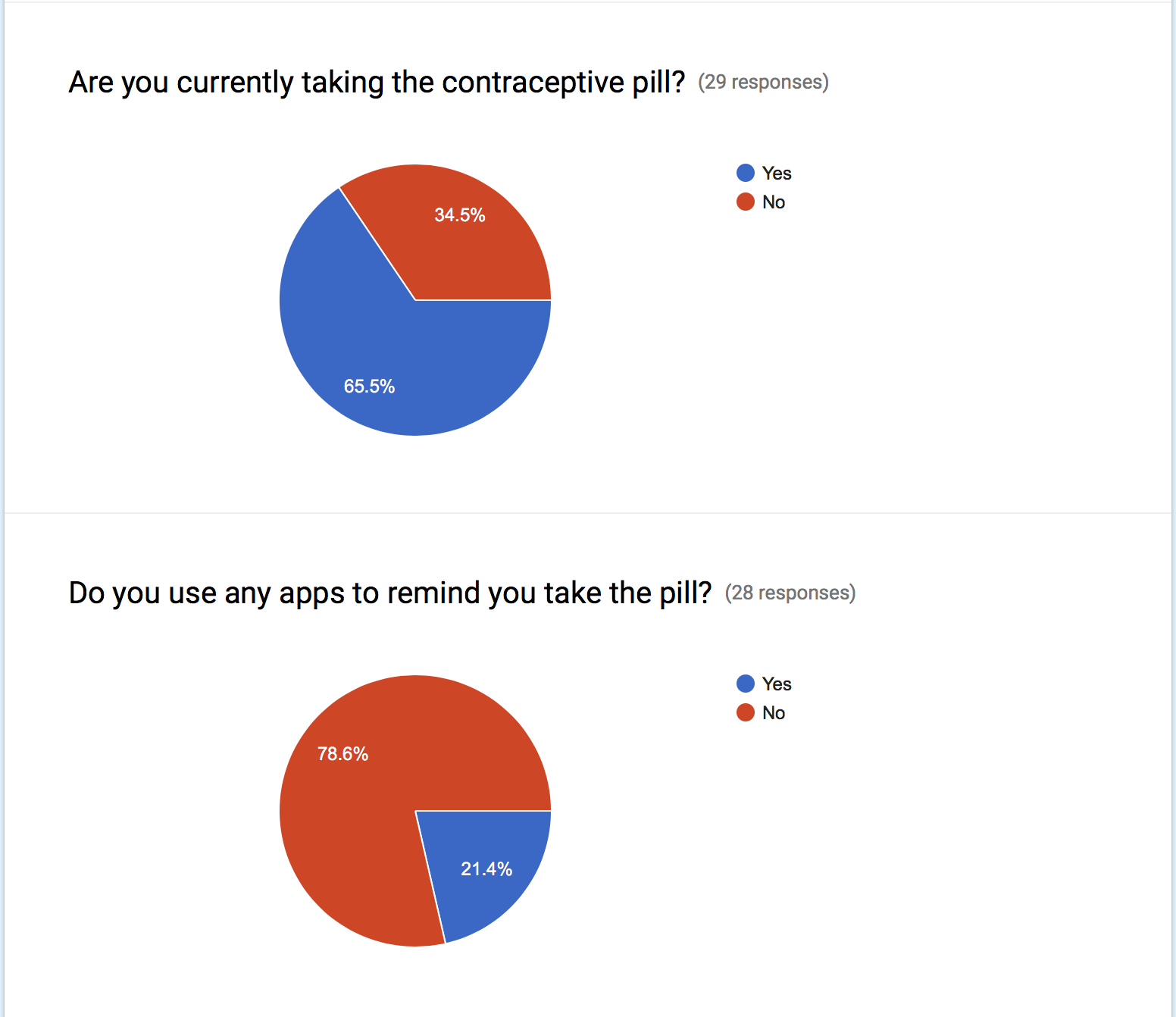The MSc HCI program at University College London is a rigorous twelve month course that teaches how to confidently conduct research on user bases, analyse qualitative and quantitative data, fine tune interaction design processes, and utilize academic level interaction science. I graduated in October of 2017 with a High Merit.
Published Research Paper - Semi-Autonomous Vehicle Driving Behavior
This 4-month Research project in collaboration with ustwo Auto, involved working on driver behavior and interactions in semi-autonomous vehicles. The research was aimed at looking for a statistically significant link between the Yerkes-Dodson Law and the usage of Autopilot in semi-autonomous vehicles. A driving simulator was programmed to collect quantitative data on driver behavior and performance. 29 participants were recruited and tested. Quantitative data analysis and background literature reviews were also done.
Evidence was found for some but not all of the expected effects of the Yerkes-Dodson Law. With more time and funding, further research could have a more focused scope and direct approach to searching for the link between the psychological law and driver behavior. Applications for this research could help inform autonomous system design and save lives with a more holistic approach to HMI design.
My research paper was published and presented in the 2019 Automotive UI Proceedings. It was also featured in ustwo Auto's recently released book "Humanizing Autonomy: Where Are We Going?", and developed into a piece written for ustwo called "A Holistic Approach to Semi-Autonomy". Copies of my dissertation are available by request.
Term 2 Projects
Contraceptive Pill management Device
This project had me and my team design and evaluate a product to help people with health issues that require long term maintenance or treatment. In order to get a large user base, and the ability to test our product iteratively we opted for a device that would help with everyday women's health issues. After running an exploratory survey with over 30 responses and a co-design session with four female students, we created a design for a smart pillbox that would help users not forget to take their contraceptive pills. We iterated through this design 3 times with feedback from our survey respondents to see if the features provided by it would solve the common pain points found by women on the contraceptive pill.
While the poster in this gallery is not my design, the work I put into ideation, feedback, visual design, and team management is. Please feel free to click on any of the photos to see them in a higher resolution.
Wi-fi hotspot visualization tool
This project had me design, produce, and evaluate a product to solve a problem by giving users the affordance of a new sense they did not have before. I chose to build a high-resolution, high response-rate wi-fi meter that would give feedback by an LED panel. I had the challenge of using new hardware I hadn't used before and 3D printing a form factor to make the parts of the prototype secure contained and useable. Through trial, error, and feedback from my peers I built a device that had the functionalities I wanted built in. While there was room for improvement, The product had the added benefit of being able to be used for long exposure photography to make a heat map of the wifi signal.Please feel free to click on any of the photos to see them in a higher resolution.
CHI 2017 Student Design Competition
This poster that I designed was part of my team’s submission to the 2017 Computer-Human Interaction Conference's Student Design Competition. The competition was meant to have students design a product that would help "level the playing field" for members of society that feel marginalized by technology. Our project focussed on single parents, as they were a user group that have not been designed for. The official competition guidelines can be found here.
Update: Out of 70 submissions we were selected as one of the 12 to go to the Semi-Finals of the competition at CHI 2017 in Denver. We did not make it to the Final round of 4 teams, but were praised in our peer-review, and published to the proceedings of CHI 2017 by ACM. The paper can be found here.


